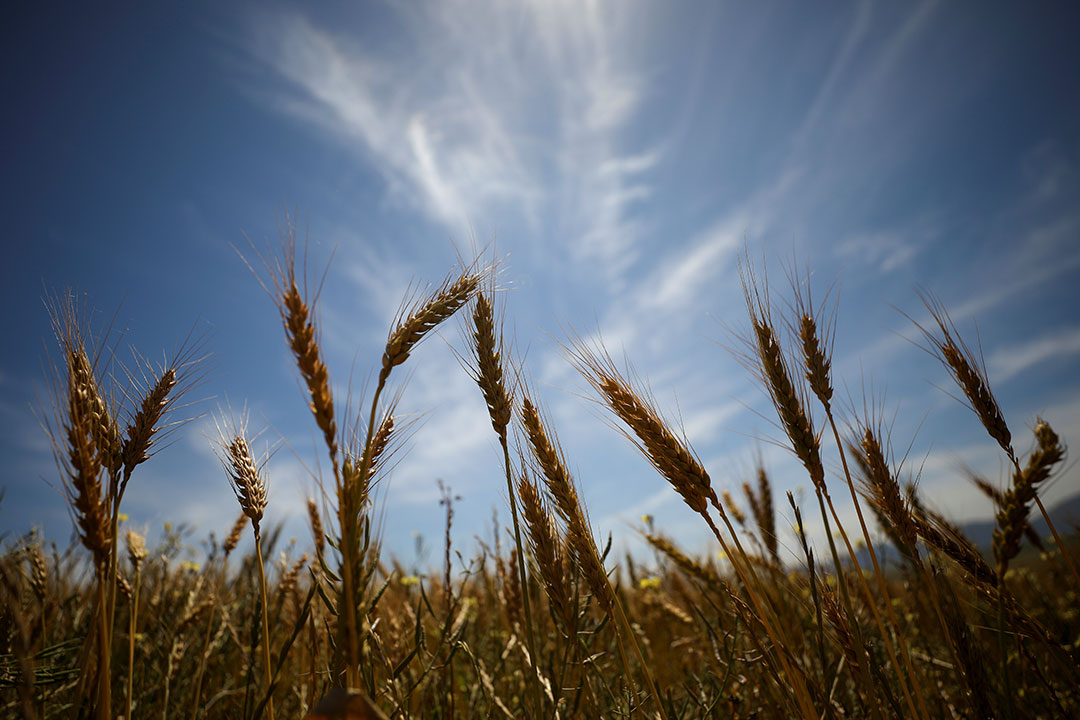Sustainable farm tech seen raising agri competitiveness

By Beatriz Marie D. Cruz, Reporter
THE GOVERNMENT must make it easier to trade agricultural commodities within the region while introducing sustainable farming practices to raise the competitiveness of its farms, according to the Asian Development Bank (ADB).
“I think this is something related to how we can balance the process. We, of course, need to be aware about the interests of the local farmer organizations, but same time, this is also related to the consumer side,” Qingfeng Zhang, senior director of the ADB’s Agriculture, Food, Nature, and Rural Development Sector Office, told BusinessWorld.
He cited the need for stronger regional and international cooperation through joint ventures to “scale the adoption of new technology, enhance it, reduce the cost. Then your competitiveness will increase.”
President Ferdinand R. Marcos, Jr. has ordered the reduction of rice import tariffs to 15% from the current 35% until 2028, in the face of opposition from farmers’ groups.
“When we reduce the import tariff, we also need to increase competitiveness of producers,” Mr. Zhang said. “And in the end, we can manage inflation and the rice (price) spike.”
Continued upticks in global rice prices will pose upside risk to Philippine inflation, Mr. Zhang said, noting the impact of export bans imposed by rice producing countries, climate change, and Russia’s withdrawal from the Black Sea Grain Initiative.
Rice accounts for 8.9 percentage points (ppts) of the consumer price index (CPI) basket, while food overall makes up 34.78 ppts of the CPI, according to the Philippine Statistics Authority.
“This type of trend will continue for some time before we see some change. We always say that we need to learn from the 2008 food crisis,” Mr. Zhang said.
“We should encourage open trade. Otherwise, we are going to see this continued disruption and rice price increases,” he added.
Competitiveness in Philippine agriculture has been hindered by climate risk, land disputes, and slow modernization.
Regional cooperation should not only facilitate better trade, but also help promote low-carbon and climate-resilient agriculture, he said.
“That means we’re not only just looking at production itself; we also need to look at the farm-to-fork food system,” he said.
Low-carbon and climate-resilient farming practices include water-saving technology in rice production, social protection measures for vulnerable farmers, digital methods to cut fuel waste, and the decarbonization of transport systems, cold storage warehouses and other facilities, Mr. Zhang said.
Better rural roads and flood risk facilities, restoration of wetlands and grasslands, would also help make agriculture competitive and resilient, he added.
The environmental cost of current food systems worldwide is estimated at $3 trillion annually, according to ADB.
Establishing a natural capital accounting system, which measures the stock of a country’s natural resources, would help bring in “more financing globally to support good agricultural practice,” Mr. Zhang said.
Mr. Marcos signed Republic Act No. 11995 or the Philippine Ecosystem and Natural Capital Accounting System last month.



